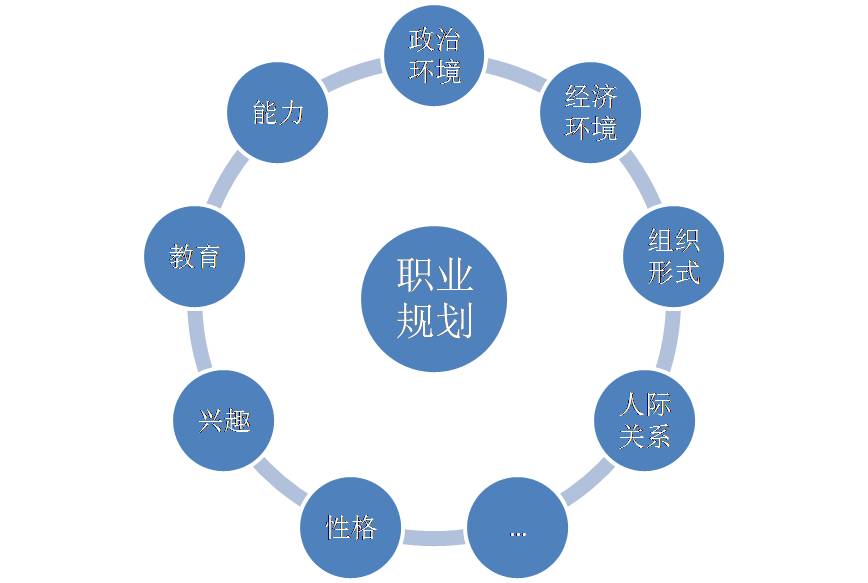Title: Why I Prefer Not to be a Freelancer
In today's rapidly changing job market, the allure of being a freelancer has grown stronger. The idea of being one's boss, having flexible hours, and pursuing passion projects sounds enticing to many. However, after careful consideration of my personal and professional goals, I have concluded that the freelance lifestyle is not for me. Here are the reasons why I prefer not to be a freelancer:
1. **Seeking Stability and Predictability**:
One of the primary reasons I do not wish to pursue freelancing is the need for stability in my life. As a freelancer, income can fluctuate significantly from month to month, which can create financial uncertainty. I value the consistent paycheck and benefits that come with a traditional job, providing a sense of security that freelancing does not offer.
2. **Desire for Structured Environment**:
I am someone who thrives in structured environments. The discipline of regular work hours and the accountability to colleagues and superiors help me stay focused and productive. The freedom of setting my own schedule as a freelancer might lead to procrastination and difficulty in maintaining work-life balance.
3. **Need for Team Collaboration**:
I deeply value collaboration and the synergy that comes from working in a team. The give-and-take within a team environment fosters creativity and growth, which I believe is crucial for my professional development. As a freelancer, opportunities for meaningful team interactions may be limited, potentially hindering my ability to learn and improve.
4. **Career Advancement Concerns**:
With freelancing, there may be limited opportunities for career advancement or professional growth in a particular field. In contrast, a traditional job offers clearer paths for promotion and the chance to gain diverse experiences within an organization. My career aspirations include progressing to higher positions of responsibility, which is more readily attainable in a traditional work setting.
5. **Risk Management**:
The nature of freelancing involves taking on a significant risk, particularly when starting. There is no guarantee of income or work continuity, and the responsibility for health insurance, taxes, and other benefits lies with the individual. I prefer a setup where risks are shared between an employer and employees, giving me peace of mind regarding my livelihood.
6. **Social Interaction**:
Offices often serve as social hubs where ideas are exchanged, friendships are formed, and networks are built. While freelancing allows for some level of independence, it may result in less social interaction compared to a typical office job. The camaraderie and support system found in a workplace are essential for my personal satisfaction and networking needs.
In conclusion, while freelancing may be suitable for many individuals seeking autonomy and flexibility, it does not align with my personal preferences and career objectives. I value stability, structure, teamwork, career advancement opportunities, risk management, and social interaction, all of which are better provided by a traditional employment model. Therefore, I choose to pursue a career path that offers these elements, ensuring a fulfilling and secure professional life.
(Note: The choice between freelancing and traditional employment is highly personal and depends on individual circumstances, priorities, and preferences. This essay represents one perspective.)
In today's rapidly changing job market, the allure of being a freelancer has grown stronger. The idea of being one's boss, having flexible hours, and pursuing passion projects sounds enticing to many. However, after careful consideration of my personal and professional goals, I have concluded that the freelance lifestyle is not for me. Here are the reasons why I prefer not to be a freelancer:
1. **Seeking Stability and Predictability**:
One of the primary reasons I do not wish to pursue freelancing is the need for stability in my life. As a freelancer, income can fluctuate significantly from month to month, which can create financial uncertainty. I value the consistent paycheck and benefits that come with a traditional job, providing a sense of security that freelancing does not offer.
2. **Desire for Structured Environment**:
I am someone who thrives in structured environments. The discipline of regular work hours and the accountability to colleagues and superiors help me stay focused and productive. The freedom of setting my own schedule as a freelancer might lead to procrastination and difficulty in maintaining work-life balance.
3. **Need for Team Collaboration**:
I deeply value collaboration and the synergy that comes from working in a team. The give-and-take within a team environment fosters creativity and growth, which I believe is crucial for my professional development. As a freelancer, opportunities for meaningful team interactions may be limited, potentially hindering my ability to learn and improve.
4. **Career Advancement Concerns**:
With freelancing, there may be limited opportunities for career advancement or professional growth in a particular field. In contrast, a traditional job offers clearer paths for promotion and the chance to gain diverse experiences within an organization. My career aspirations include progressing to higher positions of responsibility, which is more readily attainable in a traditional work setting.
5. **Risk Management**:
The nature of freelancing involves taking on a significant risk, particularly when starting. There is no guarantee of income or work continuity, and the responsibility for health insurance, taxes, and other benefits lies with the individual. I prefer a setup where risks are shared between an employer and employees, giving me peace of mind regarding my livelihood.
6. **Social Interaction**:
Offices often serve as social hubs where ideas are exchanged, friendships are formed, and networks are built. While freelancing allows for some level of independence, it may result in less social interaction compared to a typical office job. The camaraderie and support system found in a workplace are essential for my personal satisfaction and networking needs.
In conclusion, while freelancing may be suitable for many individuals seeking autonomy and flexibility, it does not align with my personal preferences and career objectives. I value stability, structure, teamwork, career advancement opportunities, risk management, and social interaction, all of which are better provided by a traditional employment model. Therefore, I choose to pursue a career path that offers these elements, ensuring a fulfilling and secure professional life.
(Note: The choice between freelancing and traditional employment is highly personal and depends on individual circumstances, priorities, and preferences. This essay represents one perspective.)




